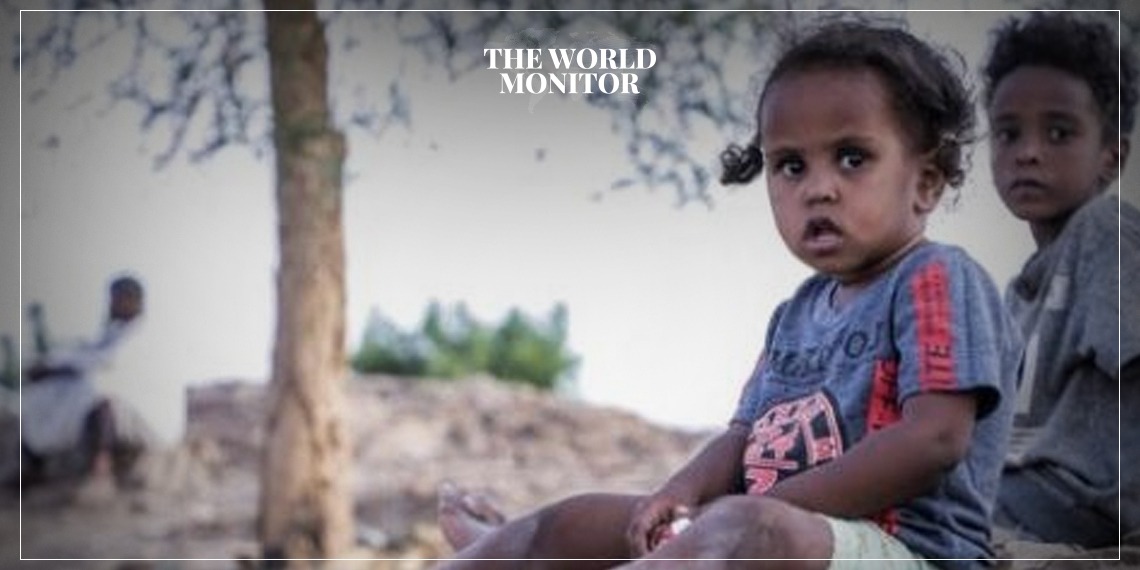The UNICEF representative in Sudan, Mandeep O’Brien, expressed deep concern over reports of child fatalities in Darfur, located in the western part of the country. According to a report published by the Sudanese newspaper “Al Taghyeer” on its Facebook page, UNICEF delivered 10,000 cartons of life-saving therapeutic food to Darfur in February, benefiting thousands of children suffering from severe malnutrition.
Sudan has been experiencing conflict following a division between the army, led by Abdel Fattah al-Burhan, and the Rapid Support Forces militia, led by Mohamed Hamdan Dagalo “Hemedti,” last year. Al-Burhan and his former deputy, Mohamed Hamdan Dagalo, have been competing for power since April 2023.
Despite several attempted ceasefire agreements facilitated by the US and Saudi Arabia, the conflict has continued with no signs of abating. More than 1,800 people have lost their lives, and over 1.6 million have been displaced either within Sudan or to neighboring countries. The violence has also severely impacted humanitarian efforts, with access to basic necessities like water, food, and medical supplies becoming increasingly difficult.
The UN has expressed deep concerns about the situation, emphasizing the severe humanitarian crisis and human rights violations occurring as a result of the conflict. Over 6,000 civilians, including women and children, have died since April, and more than 7.1 million people have been displaced. Despite challenges such as attacks on aid workers and bureaucratic obstacles, the UN and its partners have managed to deliver life-saving aid to 4.1 million people, which is only 22 percent of the targeted assistance for 2023. The conflict has also seen grave human rights abuses, including sexual and gender-based violence, with RSF personnel or individuals in their uniforms often cited as the alleged perpetrators.
Efforts towards a ceasefire that could pave the way for peace talks have been emphasized by the UN. A crucial ceasefire was expected to commence, aiming to facilitate aid deliveries to millions in need and initiate peace discussions. However, the conflict’s increasing ethnicization poses a risk of prolonged violence with broader regional implications. Civilians continue to bear the brunt of what the UN describes as “senseless violence,” suffering from a range of human rights violations that necessitate thorough investigation and accountability.






